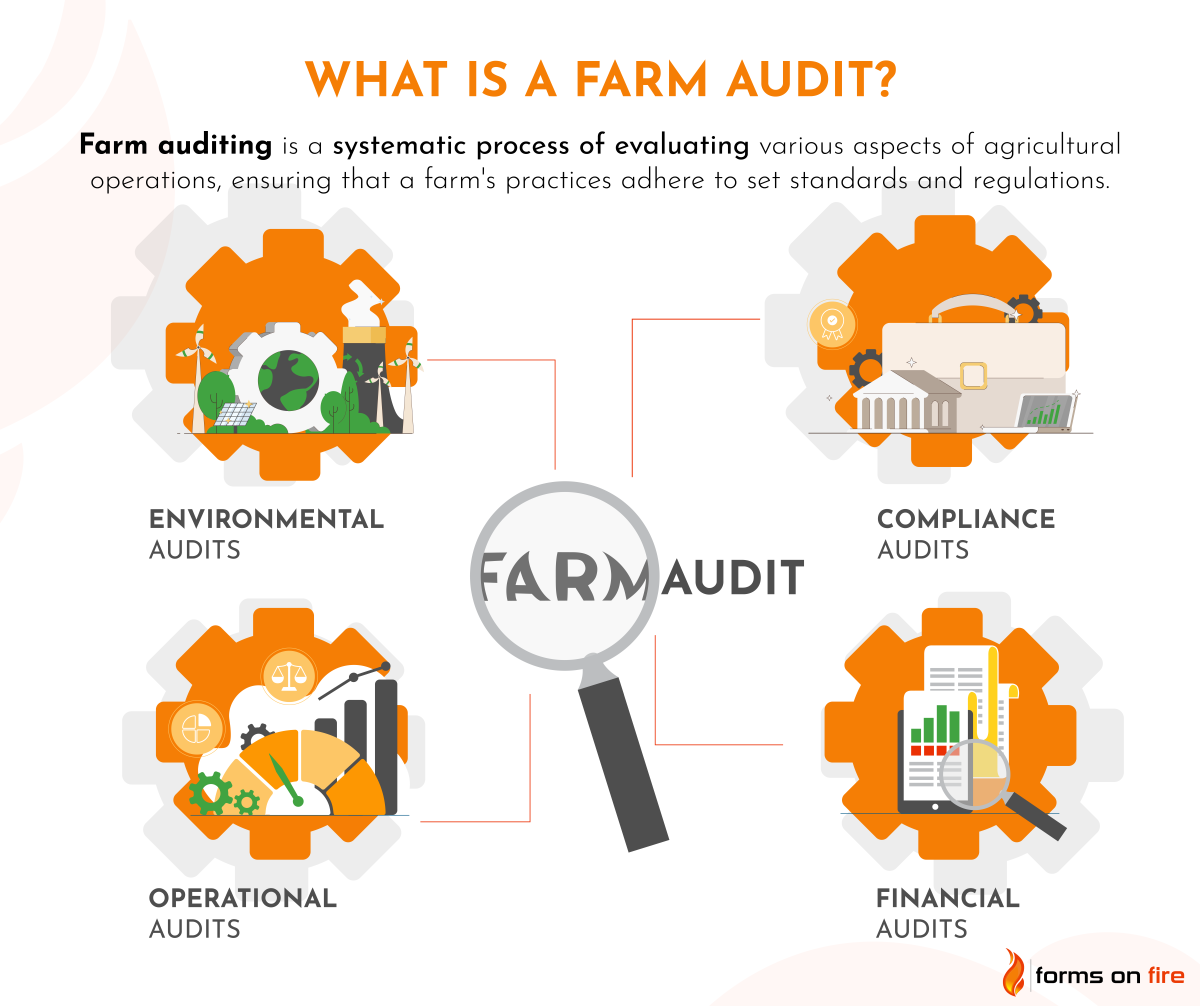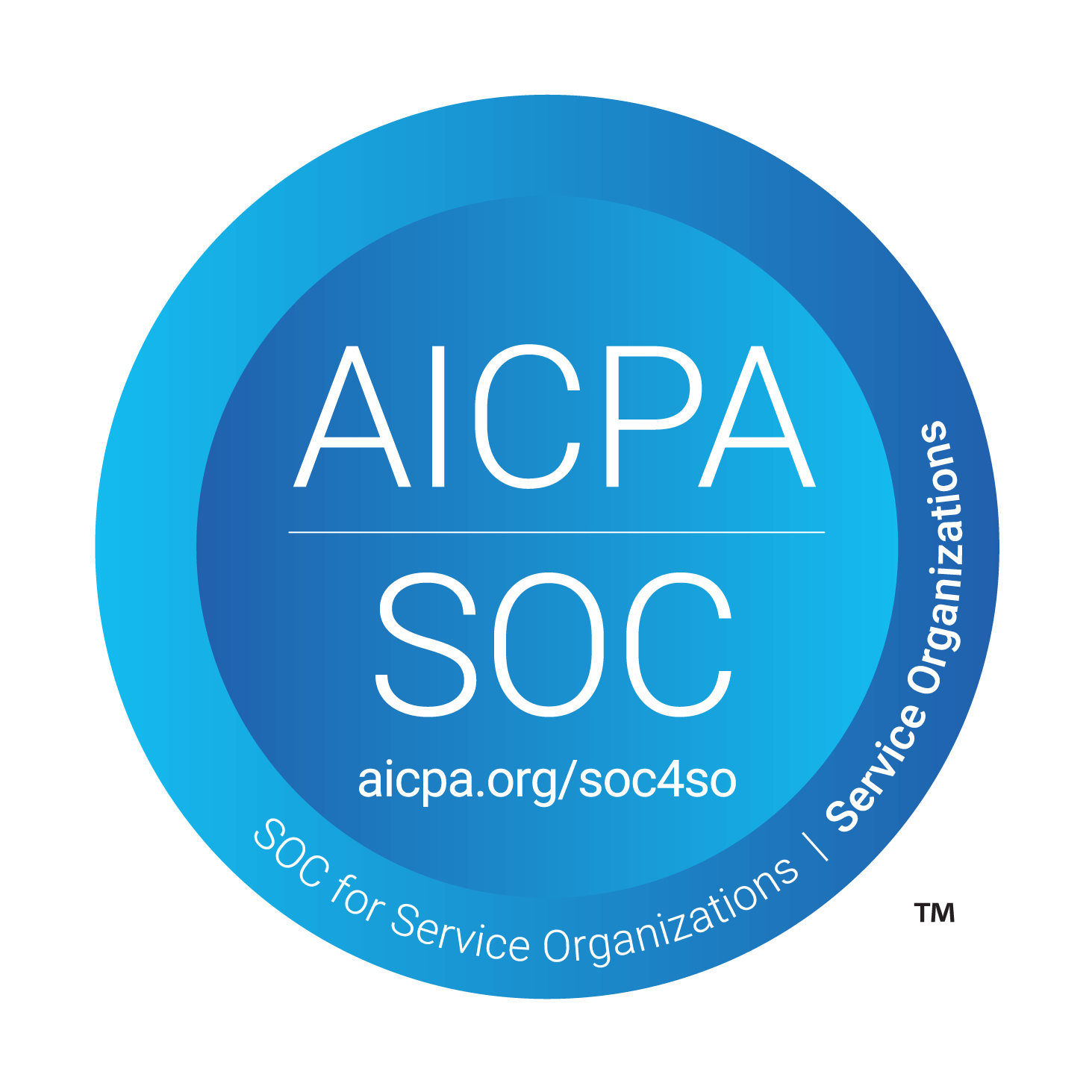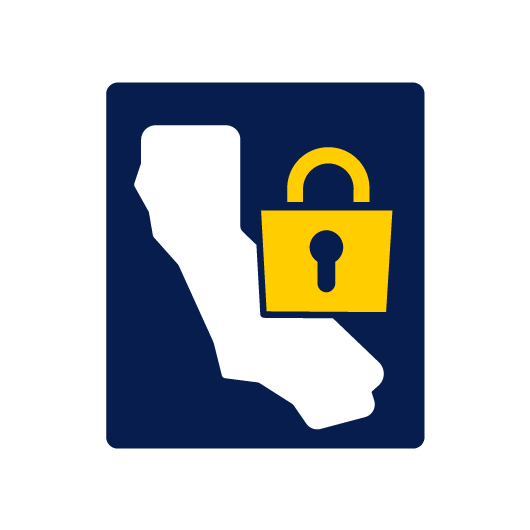What is Farm Auditing? Types and Best Practices
Farm audits are essential tools for ensuring both quality and compliance in the farming sector. These audits play a crucial role in monitoring and verifying a range of practices, from environmental sustainability to financial health.
Farm audits help maintain high standards in agricultural production through transparency and accountability, which is fundamental in a world where consumer awareness and regulatory requirements are constantly evolving.
This article aims to provide a comprehensive understanding of farm audit types, objectives, and the roles played by different auditors.
What is a Farm Audit?
Farm auditing is a systematic process of evaluating various aspects of agricultural operations, ranging from environmental impact to financial statements. These audits involve thorough inspections and analyses, ensuring that a farm's practices adhere to set standards and regulations.
Farm audits are integral in maintaining transparency in agriculture, providing insights into the efficiency, sustainability, and legality of farm operations. The primary objective is to ensure compliance with regulations, assess operational efficiencies, and uphold ethical and sustainable farming practices.
Through these objectives, farm audits contribute significantly to the advancement and sustainability of the agricultural sector.
Types of Farm Audits
Farm audits encompass a variety of types — varying in focus and frequency — each serving a distinct purpose in upholding the integrity and efficiency of modern farming practices.

Here is the breakdown of the major types:
- Environmental Audits: Environmental audits in agriculture are focused on evaluating a farm's impact on nature, examining everything from resource management to agrochemical use. Criteria for environmental audits include resource conservation, pollution prevention, and overall ecological impact (i.e. how farms manage essential resources like water and soil).
- Compliance Audits: Compliance audits, like FSMA 204, are all about ensuring that farms adhere to a wide range of agricultural laws and standards. In the spotlight are areas like labor laws, animal welfare, and food safety.
- Operational Audits: Operational audits delve into the efficiency and effectiveness of farm management. They typically focus on resource management, efficiency of processes, and risk management strategies.
- Financial Audits: Financial audits assess a farm's financial health and the integrity of its accounting practices. Key financial metrics include revenue, expenses, assets, and liabilities.
While some parts of these audits can be automated, they will always include a fair bit of groundwork.
Good Agricultural Practices (GAP) and GAP Audits
Good Agricultural Practices (GAP) are guidelines that provide the backbone for sustainable and responsible farming. Conversely, GAP audits encompass a wide range of topics, including food safety, environmental sustainability, and worker welfare:
- Food safety and quality: Ensuring the production of safe, high-quality food through stringent handling and processing standards.
- Environmental sustainability: Implementing practices that protect natural resources and minimize the environmental impact of farming activities.
- Worker health and safety: Prioritizing the safety and well-being of farm workers through safe working conditions and fair labor practices.
Collectively, these elements form the cornerstone of GAP, guiding farms towards responsible and sustainable agricultural operations.
Who Performs Farm Audits?
Farm audits can be conducted by a variety of professionals, each bringing a different perspective and set of skills to the process. These auditors, whether internal, external, or governmental, play a crucial role in maintaining the integrity and compliance of farming operations.
Internal Auditors
Internal auditors are typically employees or associates of the farming operation itself. Their role involves regularly reviewing and assessing various aspects of the farm's operations. While they offer the advantage of intimate knowledge of the farm's processes, their internal status can sometimes limit the objectivity of the audit.
The primary responsibility of internal auditors is to ensure that the farm operates efficiently and adheres to all necessary regulations and standards. To simplify the process and ensure nothing important is missed, they can build and use a digital farm audit checklist.
Ultimately, the goal of internal audits is to identify risks and inefficiencies within the farm's operations and suggest improvements.
External Auditors
External auditors are independent third-party professionals whose independence provides an objective perspective crucial for unbiased evaluations. These auditors often have specialized expertise in certain types of audits, such as financial or environmental, and their findings can provide valuable insights for farm management.
The purpose of these audits is to ensure compliance with external standards and regulations — particularly important for farms seeking certifications or looking to build trust with consumers and stakeholders.
Government Agencies
Government agencies also play a significant role in conducting farm audits. These agencies typically focus on regulatory compliance and public safety, ensuring that farms meet legal requirements in areas like food safety, environmental protection, and worker welfare.
These audits are crucial for maintaining public safety and welfare, as well as ensuring fair competition in the agricultural market.
Their impact can be significant, influencing a farm's practices and operations to meet the required standards and regulations.
Streamline Farm Auditing with Forms On Fire
Conducting farm audits comes with a range of challenges, such as managing vast amounts of data, ensuring accurate record-keeping, and maintaining consistent compliance standards across different audit types. These challenges can be particularly tricky for larger operations or farms with many diverse activities.
Forms On Fire is a digital tool designed to address and simplify these complexities. You can use the platform to quickly build checklists and mobile forms that streamline data collection, automate report generation, and facilitate easy sharing of audit findings.
This significantly reduces the manual workload associated with traditional auditing methods, allowing farmers to focus more on implementing improvements and less on paperwork.
Sounds too good to be true? Check how Cal-Maine Foods, the largest producer and distributor of eggs in the US, uses Forms On Fire to improve efficiency and digitalize administrative tasks.




